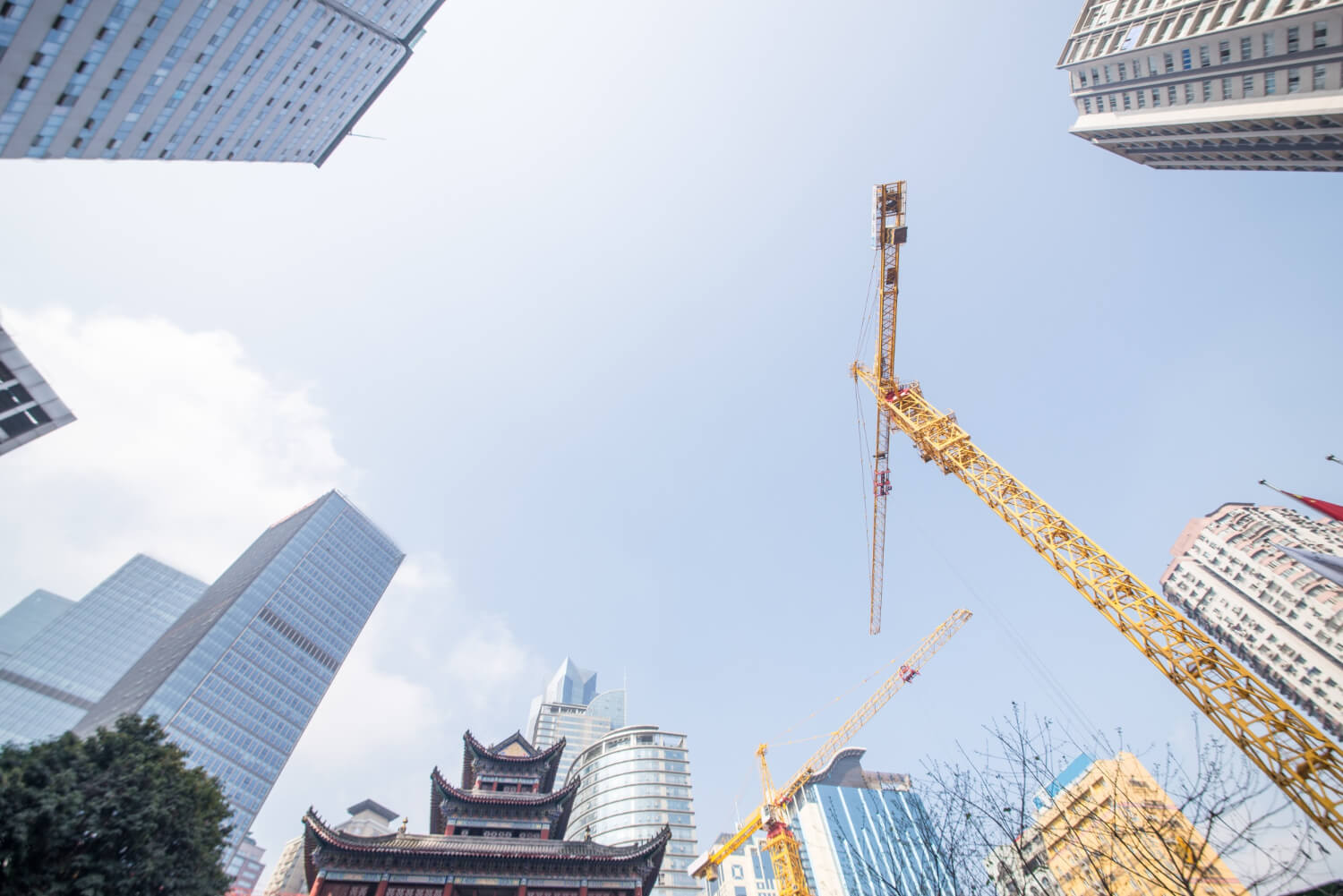Toronto’s construction industry is a vital part of the city’s growth and development. It has a rich history and continues to evolve with modern trends and technologies. This article explores the history, current trends, and future prospects of Toronto’s construction industry.
Historical Background
Toronto’s construction industry has deep roots. In the early 19th century, the city began to expand rapidly. This growth was driven by the arrival of immigrants and the development of infrastructure.
One of the first major projects was the construction of the Yonge Street. It is one of the longest streets in the world, starting from Lake Ontario and stretching north. This road played a crucial role in connecting different parts of the city.
In the late 19th and early 20th centuries, Toronto saw a boom in building. The construction of railways, bridges, and factories marked this era. This period also saw the rise of iconic buildings like the Royal York Hotel and the Toronto-Dominion Centre.
The mid-20th century brought suburban expansion. The construction of highways and residential areas expanded the city’s footprint. This period also saw the development of key infrastructure projects like the Toronto subway system.
Modern Developments
Today, Toronto’s construction industry is thriving. The city is known for its impressive skyline and modern architecture. High-rise buildings and skyscrapers dominate the landscape.
The construction of residential towers is a significant trend. These towers provide housing for the city’s growing population. Many of these buildings are designed with modern amenities and sustainable features.
Commercial construction is also booming. Toronto is home to many new office buildings, shopping centers, and entertainment complexes. These developments cater to the needs of businesses and consumers alike.
Infrastructure projects continue to play a vital role. The expansion of public transit, including new subway lines and light rail transit (LRT) projects, is ongoing. These projects aim to improve connectivity and reduce traffic congestion.
Key Players
Several major companies dominate Toronto’s construction industry. EllisDon, PCL Constructors, and Aecon Group are some of the leading firms. These companies have been involved in many of the city’s significant projects.
Local developers also play a crucial role. They focus on residential and commercial projects within the city. These developers include names like Tridel, Daniels Corporation, and Menkes Developments.
Challenges Faced
The construction industry in Toronto faces several challenges. One of the main issues is the rising cost of materials. This increase affects the overall cost of construction projects.
Labor shortages are another concern. The industry needs skilled workers to meet the demands of ongoing and future projects. Training programs and incentives are being developed to attract more workers.
Regulatory hurdles can also slow down projects. Obtaining permits and meeting compliance requirements can be time-consuming. Streamlining these processes is essential for timely project completion.
Sustainability in Construction
Sustainability is a growing focus in Toronto’s construction industry. Many new buildings are designed with eco-friendly features. These include energy-efficient systems, green roofs, and sustainable materials.
The city encourages green building practices. Programs like the Toronto Green Standard set guidelines for sustainable construction. These standards help reduce the environmental impact of new developments.
Developers are also exploring innovative solutions. Modular construction and smart building technologies are gaining popularity. These methods improve efficiency and reduce waste.
Future Prospects
The future of Toronto’s construction industry looks promising. The city continues to grow, driving demand for new buildings and infrastructure. Several large-scale projects are planned or underway.
The construction of new residential towers will continue. These projects aim to provide affordable housing options. Mixed-use developments, combining residential, commercial, and recreational spaces, are also on the rise.
Infrastructure development remains a priority. Expanding the public transit system and upgrading existing infrastructure are key goals. These projects will support the city’s growth and enhance the quality of life for residents.
Conclusion
Toronto’s construction industry has a rich history and a bright future. From early infrastructure projects to modern skyscrapers, it has played a crucial role in the city’s development. Despite challenges, the industry continues to thrive, driven by innovation and a commitment to sustainability.
The city’s growth presents numerous opportunities for construction companies and developers. As Toronto expands, the construction industry will remain a key player in shaping its future. With ongoing and upcoming projects, the industry is set to continue its significant contribution to the city’s landscape and economy.

